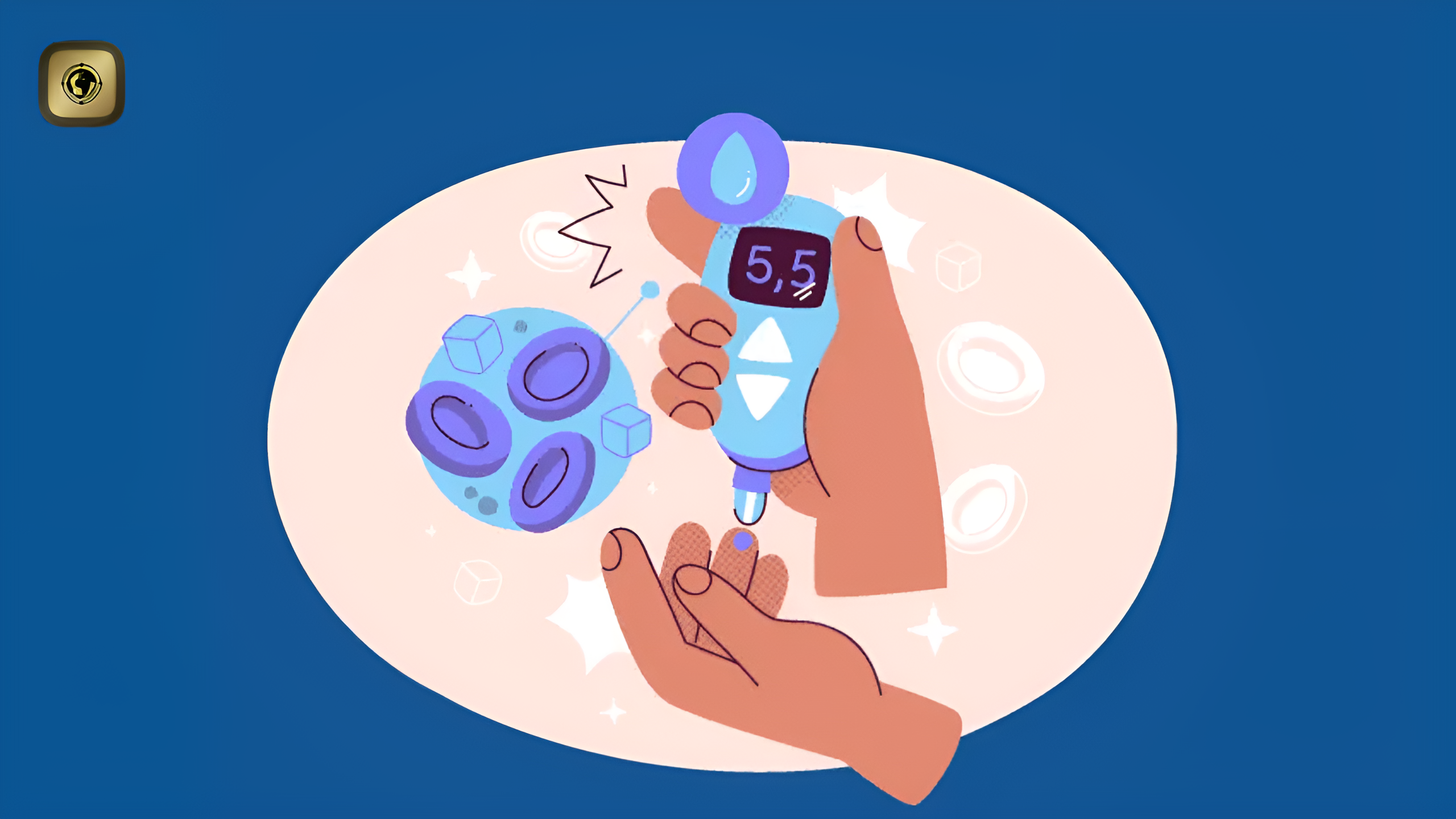March 27, 2025
How to Manage High Blood Pressure, Symptoms, and Preventive Measures
High blood pressure, also known as hypertension, is one of the most common and serious health conditions worldwide. It can lead to severe health issues like heart attacks, strokes, and kidney disease. Because it often develops without noticeable symptoms, it’s referred to as the “silent killer.” Timely management and treatment are essential to prevent these complications. In addition, having appropriate health insurance can provide financial security in the event of medical emergencies, helping you manage unexpected healthcare costs.
In this article, we’ll explore the causes, symptoms, and ways to manage high blood pressure, as well as how health insurance can be an essential part of your healthcare plan.
What is High Blood Pressure?
High blood pressure occurs when the force of the blood against your artery walls is consistently too high. This added pressure can damage your arteries and organs over time, leading to serious health problems, including heart disease and kidney issues.
Because high blood pressure often has no noticeable symptoms, regular check-ups are critical for early detection. However, regular health evaluations can come with costs. To ease the financial burden of healthcare, considering health insurance from Bajaj Allianz General Insurance could be beneficial.
Symptoms of High Blood Pressure
Though high blood pressure often goes unnoticed, some symptoms may appear when it worsens:
- Headaches: Persistent headaches, especially in the morning, could signal high blood pressure.
- Blurred Vision: Sudden changes in vision, such as blurred or double vision, may indicate high blood pressure.
- Fatigue and Weakness: Feeling constantly tired or weak can be linked to hypertension.
- Nosebleeds: Frequent or unexplained nosebleeds can be a sign of elevated blood pressure.
Causes of High Blood Pressure
Several factors contribute to the development of high blood pressure. Recognizing these causes can help in its management:
- Genetic Factors: A family history of hypertension increases your likelihood of developing the condition.
- Lifestyle: Poor eating habits, lack of exercise, smoking, excessive alcohol consumption, and obesity all contribute to high blood pressure.
- Age: The risk of high blood pressure increases as you get older.
- Other Health Conditions: Conditions such as kidney disease, thyroid disorders, and diabetes can lead to high blood pressure.
Treatment for High Blood Pressure
Effective management of high blood pressure involves various treatments and lifestyle changes:
- Medications: Doctors may prescribe medications to lower blood pressure. These medications help to relax the blood vessels and reduce the heart’s workload.
- Lifestyle Changes: Incorporating a healthier diet, regular exercise, weight loss, reducing salt intake, quitting smoking, and limiting alcohol can all contribute to lowering blood pressure.
- Stress Management: Stress can raise blood pressure, so managing stress through activities like yoga and meditation can be helpful.
- Regular Checkups: Routine checkups allow your doctor to monitor your blood pressure, adjust medications if necessary, and ensure that your condition is under control.
Measures to Lower Blood Pressure
To manage high blood pressure effectively, you can adopt the following strategies:
- Healthy Diet: Reduce salt intake, and increase the consumption of fruits, vegetables, whole grains, legumes, and low-fat dairy products.
- Regular Exercise: Aim for at least 30 minutes of moderate exercise daily, such as walking, swimming, or cycling.
- Stress Management: Engage in relaxation techniques like yoga, meditation, or hobbies that help you relax and reduce stress.
- Maintain a Healthy Weight: If you’re overweight, losing weight can significantly lower your blood pressure.
- Medications: Follow your doctor’s prescribed medication regimen for blood pressure management.
Summary
High blood pressure is a major health concern, but with proper management, it is possible to control it. Maintaining a healthy lifestyle through a balanced diet, regular physical activity, stress management, and maintaining a healthy weight are all essential steps in managing hypertension. Regular medical checkups and following your doctor’s advice are also crucial for monitoring your blood pressure.
Furthermore, health insurance from Bajaj Allianz can help ease the financial burden of regular medical tests and treatments, ensuring you receive the care you need.
Frequently Asked Questions:
- Are there home remedies for high blood pressure? Yes, maintaining a healthy diet, staying physically active, managing stress, and engaging in relaxation techniques like meditation can help regulate blood pressure. However, always consult your doctor before starting any new remedy.
- What is the best medicine for high blood pressure? The best medication for high blood pressure is determined by your healthcare provider based on your unique health situation. It’s essential to consult your doctor for a tailored treatment plan.
- What effect does high blood pressure have during pregnancy? High blood pressure during pregnancy can lead to complications such as preterm birth, low birth weight, and pre-eclampsia. It’s essential for pregnant women with high blood pressure to receive close monitoring and proper medical care.
- Can children have high blood pressure? Yes, children can experience high blood pressure, often due to genetic factors, obesity, or kidney problems. It’s important for children to have regular health checkups to monitor for hypertension.
- How can high blood pressure be controlled? High blood pressure can be controlled by adopting a healthy lifestyle that includes a balanced diet, regular exercise, stress management, quitting smoking, and moderating alcohol intake. Consistent medication use as prescribed by your doctor is also necessary.



Leave A Comment